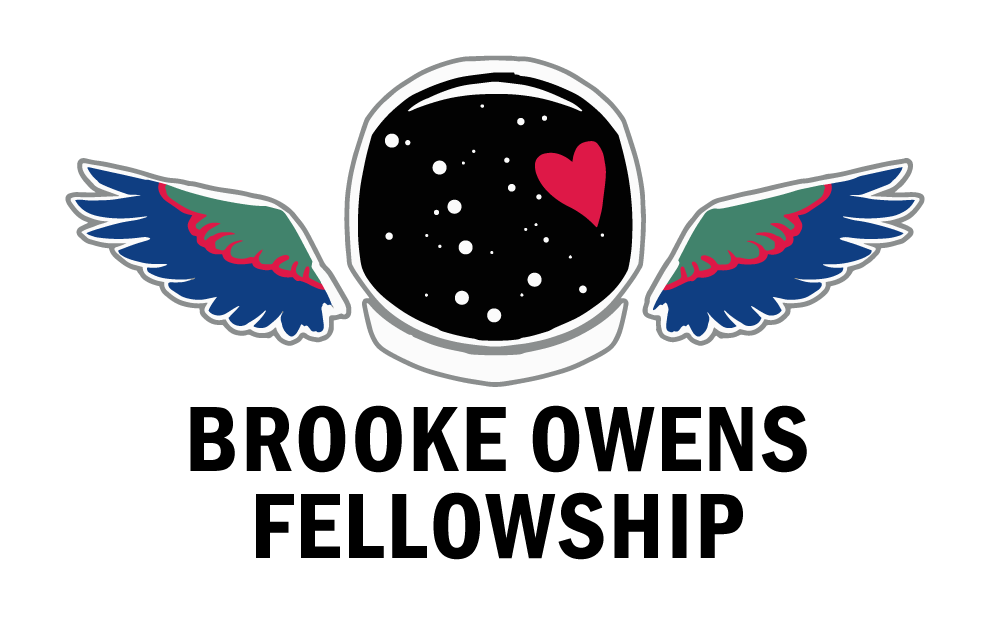NINA ARCOT
(she/her)
Brooke Owens Fellow, Class of 2020
Princeton University, M.Eng Mechanical and Aerospace Engineering, ‘22
Princeton University, B.S.E. Mechanical and Aerospace Engineering, ‘20
Host Institution: Loft Orbital
Mentor: Nicholas Skytland
Nina Arcot is a Flight Assurance Engineer at Northrop Grumman Space Systems in Dulles, VA, where she works to ensure mission success for a product line of small satellites. In this role, she is responsible for coordinating with all subsystems involved in a program from start to finish to address any nonconformances and determine the best path forward when things go wrong. In 2022, Nina completed a master’s degree in mechanical and aerospace engineering at Princeton University. This included research with the Space Physics Lab, where her project focused on contamination analysis for ultrathin carbon foils used in space instruments, including the SWAPI instrument that will be launched on the 2025 NASA IMAP mission.
As a Brooke Owens Fellow, Nina interned with the mechanical engineering team at Loft Orbital, working on projects investigating the applicability of 3D printing to reduce the weight of their hardware, as well as quantifying the risks of hazards in LEO to different satellite materials and components. In 2019, Nina was a Matthew Isakowitz Fellow at Accion Systems, where she developed a manufacturing process for next-generation ion electrospray thrusters. Previously, she interned at NASA Langley, where she synthesized and tested polymers for use in deployable composite structures.
Nina is originally from northern New Jersey. Growing up, she developed a passion for space exploration, which was fueled by the opportunity to complete simulated space missions and learn more about the field at the Buehler Challenger and Science Center. Having been interested in chemistry and physics throughout high school, she combined her interests by majoring in mechanical and aerospace engineering and minoring in materials science and engineering. In her final year of undergrad, she completed a senior thesis about additive manufacturing of lightweight metal alloys used in the aerospace industry.
Outside of class, Nina was involved with various projects through the Princeton Rocketry Club, including leading a team to design a soft robotic mini-arm end-effector for use on missions to ocean worlds. Nina also helped coordinate various STEM outreach efforts, including presentations, community launches, and rocket-building workshops. Her current outreach efforts include leading space-related activities at the Virginia Discovery Museum, reviewing submissions for engineering contests run by Future Engineers, and scoring SWE scholarship applications. She aims to increase access to space and contribute to satellite technology that improves life on Earth.

